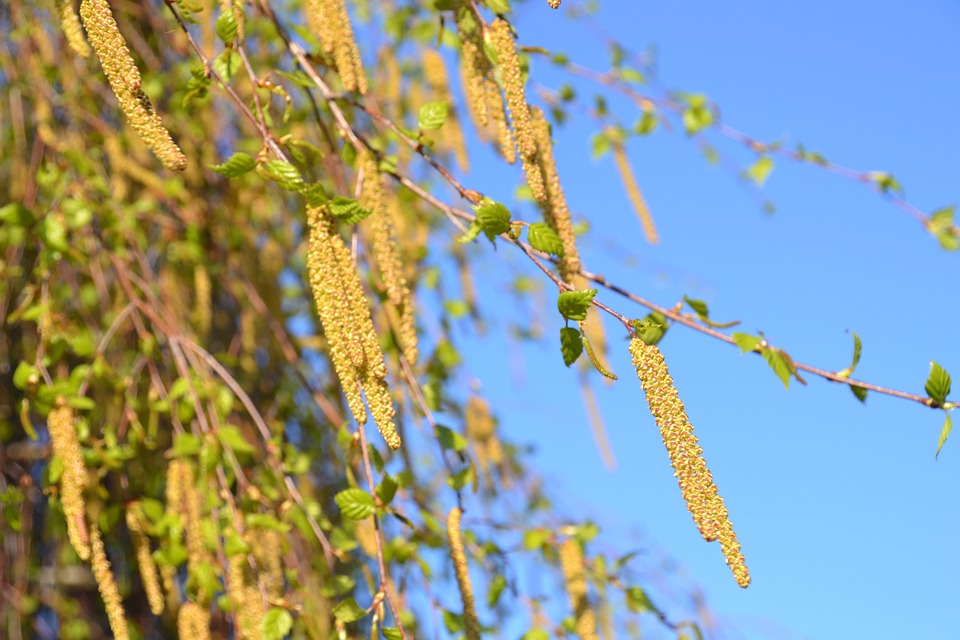
Why do pollen allergens?
The pollen season in Poland is in full swing, with deciduous trees such as birch, poplar, hazel and alder in bloom. Unfortunately, this is bad news especially for allergy sufferers, who have to contend with allergens for as long as the pollen season lasts.
Plant pollen contains allergens that can cause sensitisation in people who are sensitive to them. Allergens are substances to which the body reacts hypersensitively. In the case of pollen, allergens are found in the outer membrane of the pollen, and their presence in the body can trigger an allergic reaction.
When pollen enters the body, the immune system interprets it as a threat and produces IgE antibodies, which trigger the release of histamine. Histamine is the chemical that causes allergy symptoms such as sneezing, itchy eyes and nose, watery nose and asthma.
The concentration of pollen in the air is a variable factor and depends on the season, climate and weather conditions.
How do I deal with a pollen allergy?
Pollen allergy can be a nuisance, but there are various ways to cope with the symptoms. Below you will find some practical advice:
Avoid contact with pollen – try to avoid areas where pollen concentrations are high, especially during the pollen season. Close the windows in your home and car when the concentration of pollen in the air is at its highest, and if you must go outside, wear sunglasses and a mask to stop the pollen. Find out more about masks here.
Monitor pollen concentrations – keep track of pollen levels in the air using available meteorological information and study what plants are pollinating at any given time. This will help you know when to expect an increase in pollen concentrations and how to prepare accordingly.
Take antihistamines – these medicines can help relieve allergy symptoms such as sneezing, itching and a watery nose. Consult your doctor before taking any medication.
Use air filters – air filters trap pollen and other pollutants in the air, reducing the risk of allergic reactions. These filters can be particularly effective in the bedroom, where most of the time is spent sleeping. In this case, HEPA filters are best suited.
HEPA filters have a limited filtration capacity in their structure, which means that over time they are unable to absorb any more pollutants that are in the air.
Therefore, in order to keep the air in your home continually clean, it is important to remember to change the filters regularly with new ones. You can find out more about this here.
Pay attention to your diet – certain foods, such as nuts, honey, citrus fruits and herbs, can exacerbate allergy symptoms, so it’s a good idea to avoid them during the pollen season.
Undertake immunotherapy – in cases of severe allergic reactions, your doctor may recommend immunotherapy, a series of injections with small doses of allergens to reduce your body’s sensitivity to pollen.
It is important to remember that everyone’s body reacts differently, so it is important to find a way to manage your allergy symptoms that works for you. It is a good idea to consult your doctor, who can help you choose the best treatment strategy.






